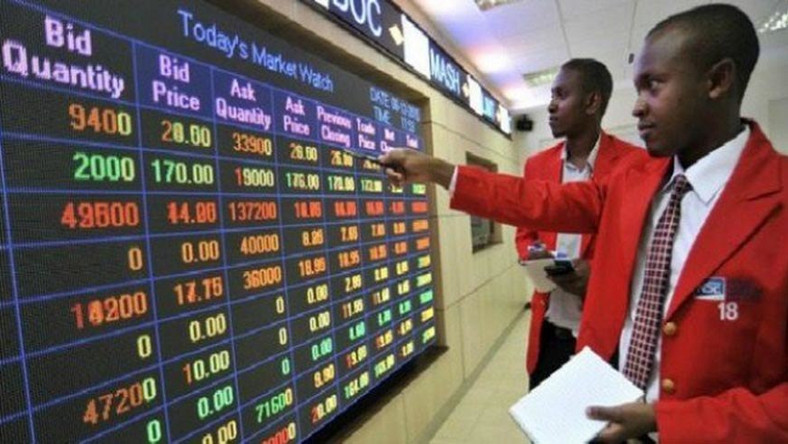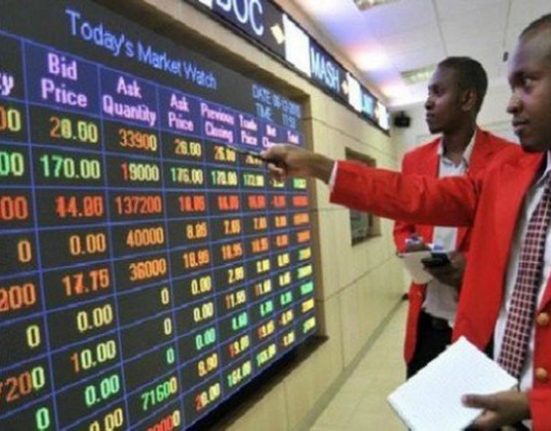The stock market struggled over the past week, with the benchmark index shedding 1.25 percent week-on-week to close at 1536.89 points on Friday.
According to data from the Nigerian Exchange Limited, the All-Share Index opened the week on a weak note at 1,528.03 points, down from 1,517.93 points in the previous session. The index further declined to 1,532.93 points before showing some recovery on Wednesday and Thursday. However, by Friday, it had fallen to 1,536.89 points.
The downturn coincided with reports that negotiations between the Nigerian National Petroleum Corporation Limited and local refineries over crude supply pricing had stalled. However, discussions are expected to resume this week, with the possibility of extending existing contracts.
Meanwhile, Dangote Petroleum Refinery temporarily halted the sale of petroleum products in naira, citing pricing challenges. Industry experts warn that this decision could impact investor sentiment, particularly in the oil and gas sector, which holds significant weight in the stock market.
Despite interventions by the Central Bank of Nigeria to stabilize the financial markets, analysts caution that these measures may provide only short-term relief unless broader economic reforms are implemented.
“Looking ahead, we anticipate a mixed performance in the stock market as investors weigh corporate earnings reports against macroeconomic uncertainties. The CBN’s continued interventions are expected to provide some stability, but volatility remains a key risk,” analysts at Cowry Assets Management Limited said.
In contrast, the parallel market saw marginal gains, with investor confidence improving slightly. The stock market’s total market capitalization increased by 0.77 percent week-on-week, closing at an average of N1,568 trillion.
Researchers at Afrinvest reported that the market closed at 1,565 points, with projections of a relatively stable performance in the coming week, supported by CBN intervention.
Meanwhile, Nigeria’s foreign reserves declined by 0.06 percent from $38.37 billion to $38.35 billion as of Thursday. Analysts at Cowry Assets Management attributed the drop to the CBN’s continued efforts to stabilize the financial markets amid weak foreign investment inflows.
Over the weekend, market experts noted that foreign portfolio investors remained cautious, citing concerns over declining oil revenues and lower crude prices.
As an oil-producing nation, Nigeria remains vulnerable to external economic shocks, including geopolitical tensions that influence global oil supply and demand.
During the past week, Brent crude oil prices rose by 3.0 percent week-on-week to approximately $85 per barrel, according to Reuters. The increase was driven by concerns over fresh U.S. sanctions on Iran and OPEC+ reaffirming production cuts until June 2026 to stabilize oil markets.
With Nigeria’s economy heavily reliant on oil revenues, these global developments are expected to impact investor confidence and stock market performance in the near term.

